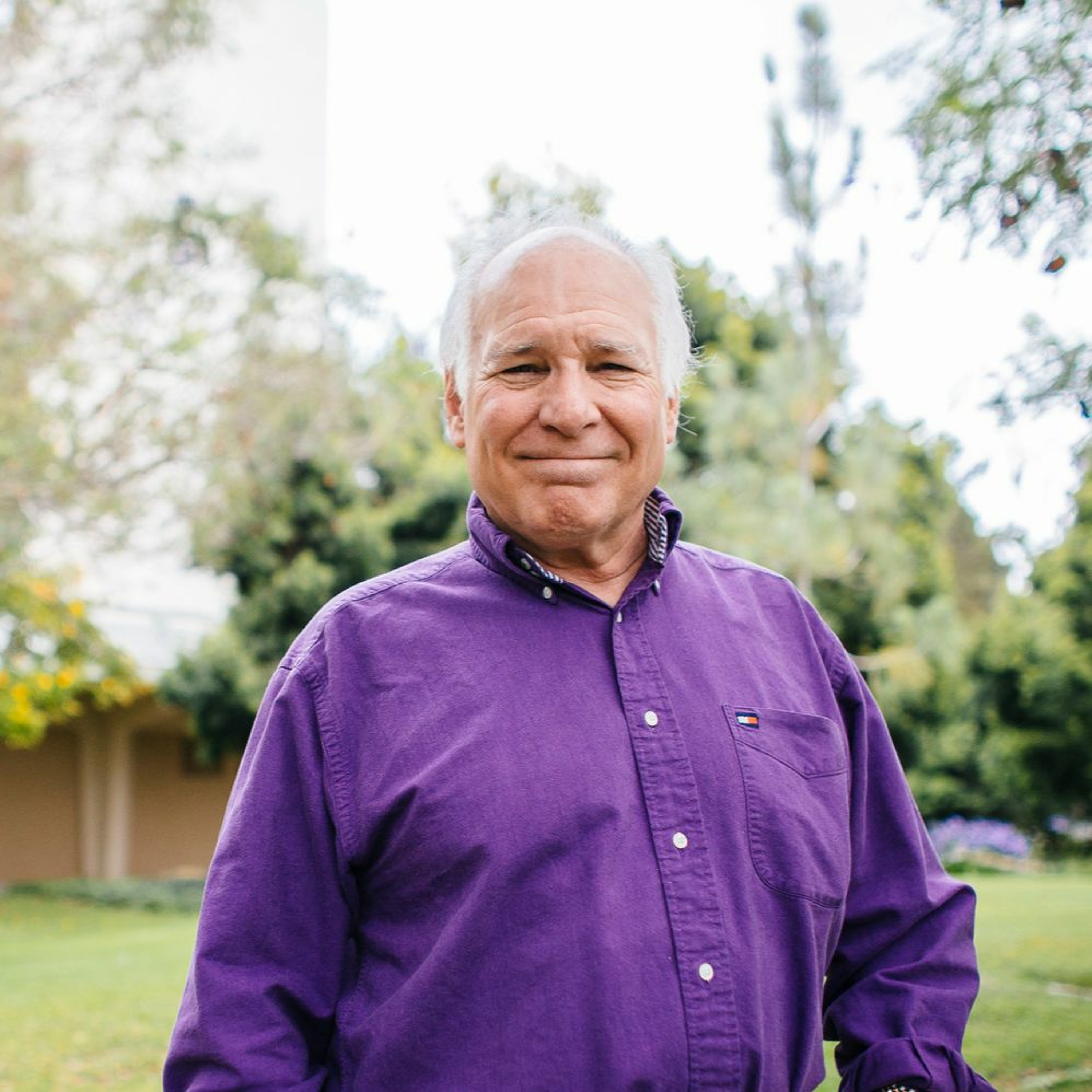1 min
Expert Perspective: UC Irvine's David Feldman on 'How to address the American megadrought?'
With the American West suffering from its worst megadrought in 1,200 years, and the Mississippi River as its lowest levels in recent history, water resource management is key to the America’s future. It’s a political challenge as much as a climate change mitigation one. UCI Water’s director David Feldman studies how water is allocated and distributed, and the difficulties in achieving institutional reform to promote equity in water management in the U.S. and elsewhere. He specializes in water resources management and policy, global climate change policy, ethics and environmental decisions, adaptive management, and sustainable development. Recently, David was featured on the UCI podcast to talk about this issue. If you're a journalist looking to cover this important topic then let our experts help with your stories. David Feldman is a professor of Urban Planning & Public Policy and Political Science, Director of Water UCI. He is an expert in the areas of water resources management and policy, global climate change policy, ethics and environmental decisions, adaptive management, and sustainable development. David is available to speak with media simply click on his icon now to arrange an interview today or call Tom Vasich with UCI media relations at 949-285-6455.


















